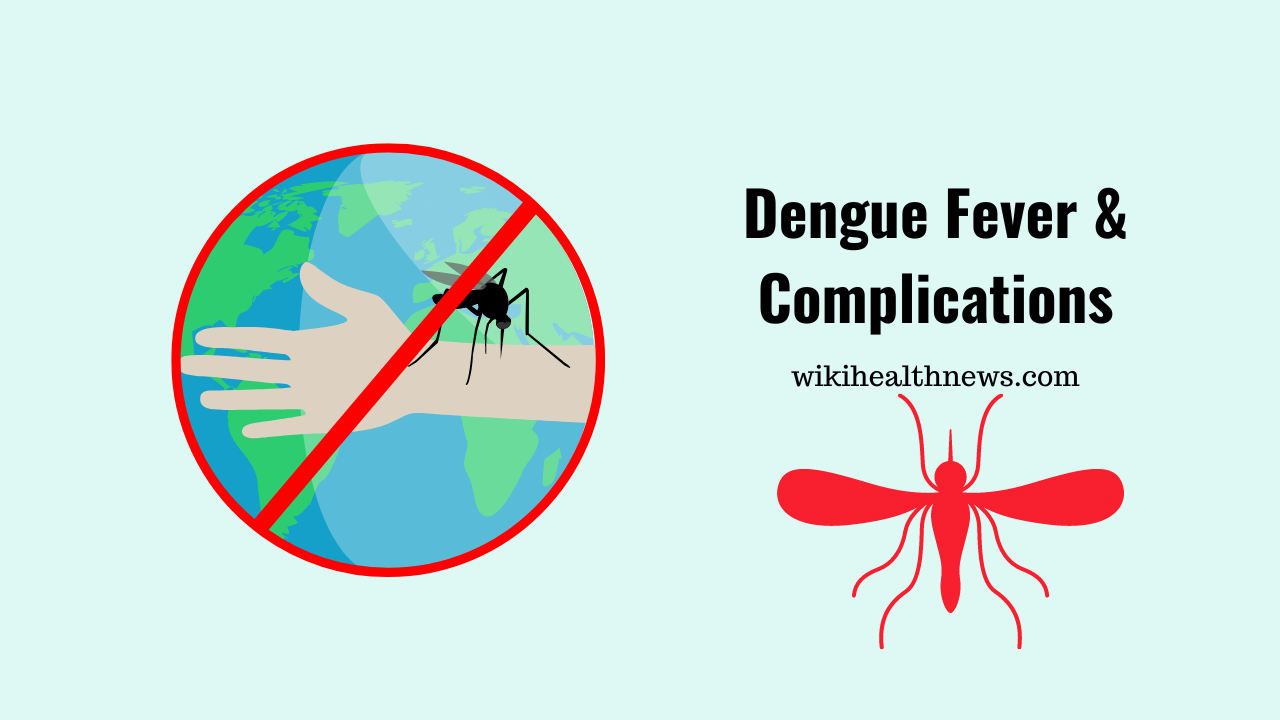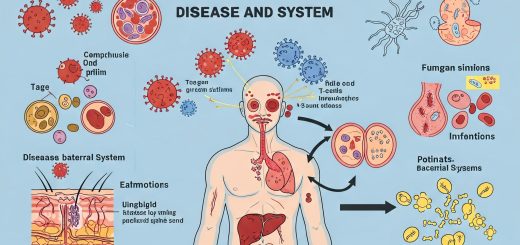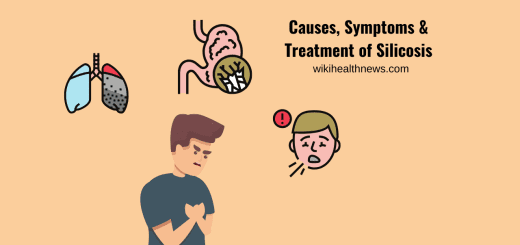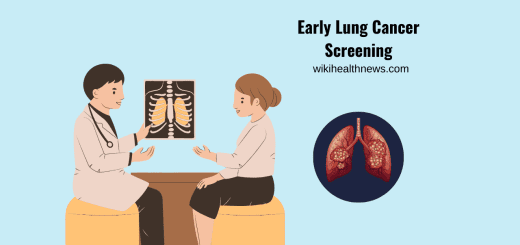Understanding Dengue Fever Complications

Dengue fever is a mosquito-borne viral infection that affects millions of people each year. Transmitted primarily by the Aedes aegypti mosquito, dengue is prevalent in tropical and subtropical regions around the world. As climate change continues to expand the habitats of these mosquitoes, the incidence of dengue fever is on the rise, making it crucial to understand its symptoms, complications, and preventive measures.
What is Dengue Fever?
Dengue fever is caused by the dengue virus, which has four distinct serotypes: DENV-1, DENV-2, DENV-3, and DENV-4. Infection with one serotype generally provides lifelong immunity against that specific type but not against the others. This means that individuals can experience dengue multiple times, potentially leading to more severe illness upon subsequent infections.
Symptoms of Dengue Fever
Dengue fever typically manifests 4 to 10 days after being bitten by an infected mosquito. Symptoms can range from mild to severe and may include:
- High fever (up to 104°F or 40°C)
- Severe headache
- Pain behind the eyes
- Joint and muscle pain
- Nausea and vomiting
- Fatigue
- Skin rash
Most cases are mild and resolve within a week. However, some individuals may progress to severe dengue, which can lead to serious health complications.
Complications of Dengue Fever
While many people recover from dengue fever without any complications, about 5% of cases can progress to severe dengue, previously known as dengue hemorrhagic fever or dengue shock syndrome. Severe dengue can be life-threatening and is characterized by the following complications:
1. Hemorrhagic Manifestations
Severe dengue can lead to bleeding from the nose, gums, or under the skin. This bleeding occurs due to a drop in platelet count, which is critical for blood clotting. The presence of bleeding complications indicates a more serious infection and requires immediate medical attention.
2. Plasma Leakage
One of the most dangerous complications of severe dengue is plasma leakage. This occurs when the blood plasma seeps into surrounding tissues, leading to fluid accumulation and a significant drop in blood pressure. This condition can result in shock, which is a medical emergency.
3. Organ Dysfunction
Severe dengue can also lead to organ impairment, including liver failure and respiratory distress. Symptoms of organ dysfunction may include abdominal pain, persistent vomiting, and confusion. Prompt medical intervention is essential to manage these complications.
4. Severe Abdominal Pain
Some patients experience severe abdominal pain, which can be a sign of internal bleeding or fluid accumulation in the abdominal cavity. This symptom should not be ignored, as it may require urgent medical evaluation.
5. Neurological Complications
In rare cases, dengue can lead to neurological issues such as encephalitis, seizures, and Guillain-Barré syndrome, a condition where the immune system attacks the nerves. These complications can have long-lasting effects on health.
Here’s a simple table on dengue fever prevention that outlines key strategies and tips:
Prevention Strategy Description Eliminate Standing Water Remove containers that hold water (e.g., buckets, flower pots) where mosquitoes can breed. Use Mosquito Repellent Apply repellents containing DEET, picaridin, or oil of lemon eucalyptus on exposed skin. Install Screens Fit windows and doors with screens to keep mosquitoes out. Wear Protective Clothing Dress in long-sleeved shirts and long pants, preferably treated with insect repellent. Use Mosquito Nets Sleep under mosquito nets, especially in areas where dengue is common. Insecticide Use Use insecticides to spray areas where mosquitoes are prevalent, especially indoors. Community Clean-Up Participate in local efforts to clean up areas with standing water and promote awareness. Avoid Peak Mosquito Hours Stay indoors during peak mosquito activity (early morning and late afternoon). Vaccination Get vaccinated if recommended and available in your region. Prevention of Dengue fever Feel free to customize or expand this table based on your specific needs!
Diagnosis of Dengue Fever
Diagnosing dengue fever is primarily based on clinical symptoms and patient history. Laboratory tests can confirm the presence of the virus or its antibodies. Common diagnostic methods include:
- NS1 Antigen Test: Detects the dengue virus in the blood during the early phase of infection.
- IgM and IgG Antibody Tests: These tests help determine if a person is currently infected or has had a previous infection.
Treatment of Dengue Fever
Currently, there is no specific antiviral treatment for dengue fever. Management focuses on symptomatic relief and monitoring for complications. Key aspects of treatment include:
- Hydration: Maintaining fluid balance is crucial. Oral rehydration solutions and intravenous fluids may be necessary, especially in severe cases.
- Pain Relief: Acetaminophen (paracetamol) is often recommended for fever and pain relief, while non-steroidal anti-inflammatory drugs (NSAIDs) like ibuprofen should be avoided as they may increase the risk of bleeding.
- Monitoring: Patients with severe dengue require close monitoring in a hospital setting to manage complications effectively.
Prevention of Dengue Fever
Preventing dengue fever relies heavily on mosquito control and personal protection measures:
1. Mosquito Control
- Eliminate Breeding Sites: Mosquitoes breed in stagnant water. Regularly empty, clean, or cover containers that hold water.
- Insecticides: Use insecticides to kill adult mosquitoes and their larvae in high-risk areas.
2. Personal Protection
- Use Insect Repellent: Apply insect repellent containing DEET, picaridin, or oil of lemon eucalyptus on exposed skin.
- Wear Protective Clothing: Light-colored, long-sleeved shirts and long pants can help reduce mosquito bites.
- Mosquito Nets: Sleeping under a mosquito net, especially in high-risk areas, can offer added protection.
3. Community Awareness
Raising awareness in communities about dengue prevention is vital. Educational programs can help people recognize the symptoms of dengue and understand the importance of early medical intervention.
Conclusion
Dengue fever is a significant public health concern that requires awareness, prevention, and timely intervention. Understanding the symptoms and potential complications of dengue can help individuals seek appropriate medical care. By adopting effective preventive measures and working towards community awareness, we can combat the spread of dengue fever and protect vulnerable populations. If you suspect you have dengue fever, consult a healthcare provider promptly to ensure proper diagnosis and management.
Stay informed, stay safe, and take action to protect yourself and your loved ones from dengue fever.
Read more











